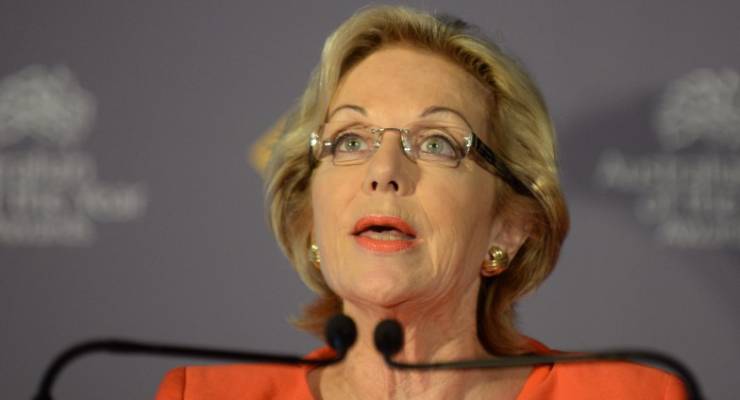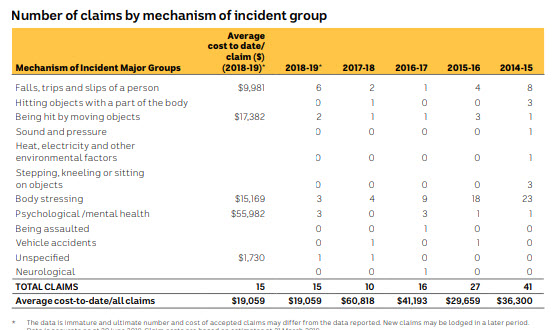
Yesterday, the ABC released its annual report for 2018 -2019. The national broadcaster sets its purpose according to four major pillars:
- “Creating distinctive content that matters for all Australians”
- “Providing an outstanding audience experience”
- “Delivering programs that reach and engage with more people”
- “Building a great place to work.”
The assessment of the first three pillars, including the amount of Australian content, diversity of hires, availability to viewers, reach, ratings and much more, all have detailed data backing it up.
By contrast, pillar four has one metric by which it measures success or failure: “[The] progress towards building a great place to work and ensuring a creative environment can be gauged by the engagement of the people working within the public broadcaster.” And the way to measure that, we are told, is the 2018-19 engagement survey. However, this was “deferred following the departure of the former managing director and former Chair in September 2018”. Again, this survey makes up 100% of how the ABC publicly assesses itself as an employer.
Back in March last year, we reported that an internal staff satisfaction survey showed employee satisfaction was dipping: “According to a summary of results from the most recent survey — conducted in November last year — obtained but redacted under freedom of information, staff engagement has dropped from 52% in 2015 to 46% in 2017”.
We’re sure this deferral of releasing employee sentiments has nothing to do with any of the following factors…
Mental health payouts
. Most resulted from “falls trips and slips”. But the highest cost by quite some margin came from claims resulting from “psychological/mental health” with an average cost per claim of $55,982. The next highest, the ominously vague “being hit by a moving object”, averaged $17,382 per claim.

Faltering EBA negotiations
As the report notes, both the ABC Enterprise Agreement 2016-19, and ABC Senior Employment Agreement 2016 have reached their nominal expiry date. Meanwhile, The Australian (always happy to leap on what Aunty costs the taxpayer) notes the board and executives were “paid almost 70% more over the past year, at the same time as the public broadcaster was forced to cut resources to journalism and programming”.
Unpaid entitlements
In January, it was revealed the ABC underpaid up to 2500 casual staff as much $19,000 over six years — hardly celebrity chef levels, but not a great look, particularly given it appears to not have been resolved some eight months later.
Of course, that’s just the workers the ABC actually classifies as employees. As Inq reported in August this year, the ABC has not been above engaging producers — who pitched stories, produced segments and chased interviewees — on unpaid shifts.
Of course, it is to Aunty’s credit that, in the teeth of all this, the ABC still produces the most trusted news in Australia: 81% of Australians surveyed for the annual report trust the ABC, and 74% believe the ABC is accurate and impartial when reporting news and current affairs. The annual report also contrasts “quality ratings” between the ABC and commercial radio and TV, and the ABC consistently comes out ahead. And all these ratings — trust, accuracy and quality — have stayed largely the same over the last four years. Despite, you know, everything.
A staff engagement survey is apparently planned for October 2019.








After expelling a couple of big furballs the ABC is once again being run by suitable professionals who seem able to actually turn up to work. Maybe strip 20% from ASIO, one submarine less and close a gulag of two and we could have two ABCs.
ABC news as the most trusted only in comparison with the awful commercial channels. They are not much tougher than a wet poodle.
SBS news is so far above them it’s hard to quantify the gap. Daylight second is most apposite.